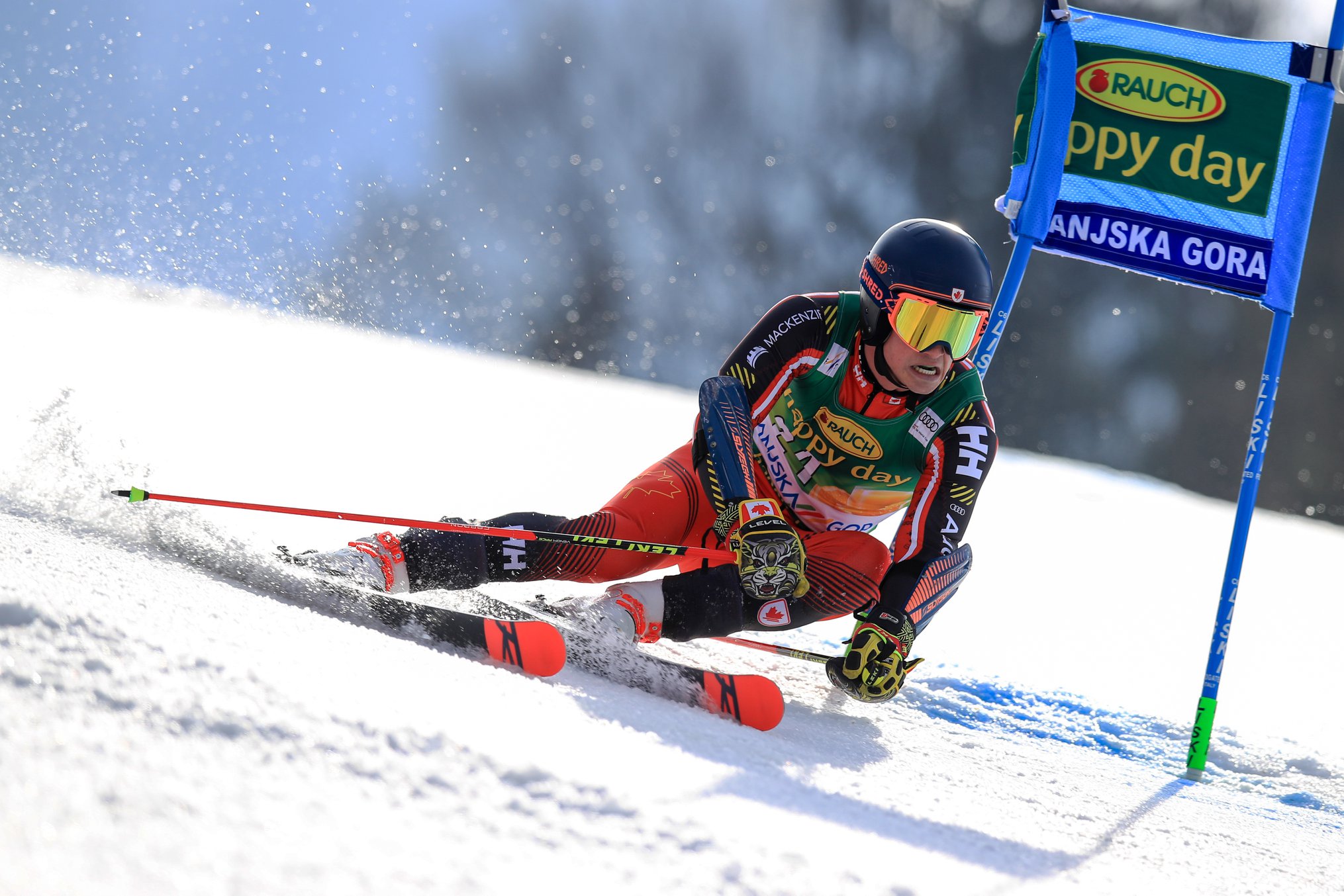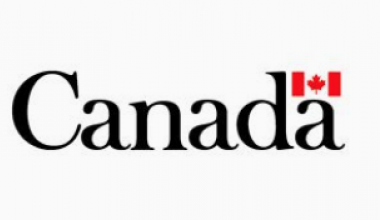Race to Win
PROFESSIONAL SKI RACER
In this stage, ski racers develop greater self-awareness of the competition routines and mental strategies that work for them individually. Focus is on refining the mental skills more closely related to performance outcomes and achieving personal performance bests. Coaches are the engineers and managers of the environments, creating opportunities to develop the physical, mental, technical and tactical skills required to compete on the world cup.
- Boys Alpine Canada National Teams
- Girls Alpine Canada National Teams
- CAST/Canada SX/CPAST

Key Messages
Ski Racers
- Maximize learning opportunities in training and competition.
- Build your belief in your ability to achieve goals.
- Practice mindfulness.
- Develop your ability to accept the different thoughts, feelings, and emotions that emerge.
- Train yourself to maintain optimal focus under any competitive conditions.
Coaches
- Continue to focus on the positives.
- Reinforce ski racers' readiness for competition.
- Help ski racers focus on a few personalized process goals for the competition.
- Continue to be strategic in assisting ski racers with their choices.
- Ensure ski racers avoid mental and emotional burnout by monitoring their mental, emotional, and physical states daily.
- Ask your ski racer for feedback often.
- Continue to involve the ski racer in the planning process and educate them on the purpose behind the training plan to enhance trust, sense of autonomy and self-determined motivation.
Parents
- Continue to show support and show encouragement for your ski racer.
- Be mindful of the way you show encouragement and the impact it may have on your child, for example, adding performance pressure.
- Promote positive communication with your ski racer.
- Provide them space before, during, and after a competition.
- Enjoy celebrating with your ski racers after the race.
Core Principles
Ski racers need to maintain and build on their strengths, focus on improving weaknesses, and be able to adapt to different performance environments. Also, academic, financial, and relationship demands may be more prevalent, so ski racers should continue to develop strategies to maintain a healthy sport-life balance.
- Ski racers establish a high level of self-awareness and ability to listen to their bodies’ needs in relation to performance and recovery.
- Ski racers learn to manage and accept pre-performance anxiety in varying competitive situations; appropriate coping skills to meet excessive demands are developed.
- It is important to maintain a high degree of intrinsic or self-determined motivation.
- Ski racers should develop a yearly plan for mental training around their competition schedules.
- Behaving like a role model and professional is expected.
- Discussing plans, support, and strategies help ski racers transition from the highest-level of competitive ski racing into life.
- Ski racers develop perspective and a well-rounded identity outside of simply being a ski racer.
At some point during this stage, ski racers are encouraged to think proactively about life after competitive sport and begin working on a transition plan. The Game Plan, powered by Deloitte, is Canada’s total athlete wellness program that strives to support national team athletes to live better and more holistic lives. Through the development of their skills and network, athletes are able to focus on health, education, and career opportunities both during their high-performance career and beyond. The program helps to develop mentally stronger athletes who apply what they have learned as leaders in sport for the betterment of themselves and their communities.
Game Plan is a collaboration between the Canadian Olympic Committee (COC), Canadian Paralympic Committee (CPC), Sport Canada and Canadian Olympic and Paralympic Sport Institute Network (COPSIN) to provide the best resources this country has to offer to our national team athletes – a team that has given so much and inspired so many.
Mental Fitness Activities
| Phase | Mental Fitness Activities |
|---|---|
| Pre-Performance |
|
| Performance |
|
| Post-Performance |
|
Cognitive Development
- Ski racers in this stage are entering early adulthood as the brain neurologically maturers at about 19-20 years of age resulting in an improvement in their information processing skills and their ability to visualize verbal cues.
- Ski racers are capable of self-analyzing, correcting and refining skills. Coaches should involve ski racers in decision making and planning team or group activities.
- Ski racers can analyze and conceptualize all facets of ski racing. It's essential for coaches to establish winning as an important objective through the implementation of adult learning.
Emotional Development
- Coaches should emphasize goal setting to provide specific direction and purpose to the ski racers' overall program.
- Ski racers feel the need to be self-directed and independent. They are ready to assume responsibility and accept the consequences of their actions.
- The ski racer highly regards self-actualization and self-expression. Coaches should treat ski racers with respect. Remember the coach's directions and structure remain an essential part of the process.
- At the end of the stage, ski racers begin to prioritize major decisions on career, education, and lifestyle. Ski racers can access professional guidance through the Game Plan program.
- Developing and maintaining relationships is a priority. Coaches need to provide ample opportunities for independent social interaction.


